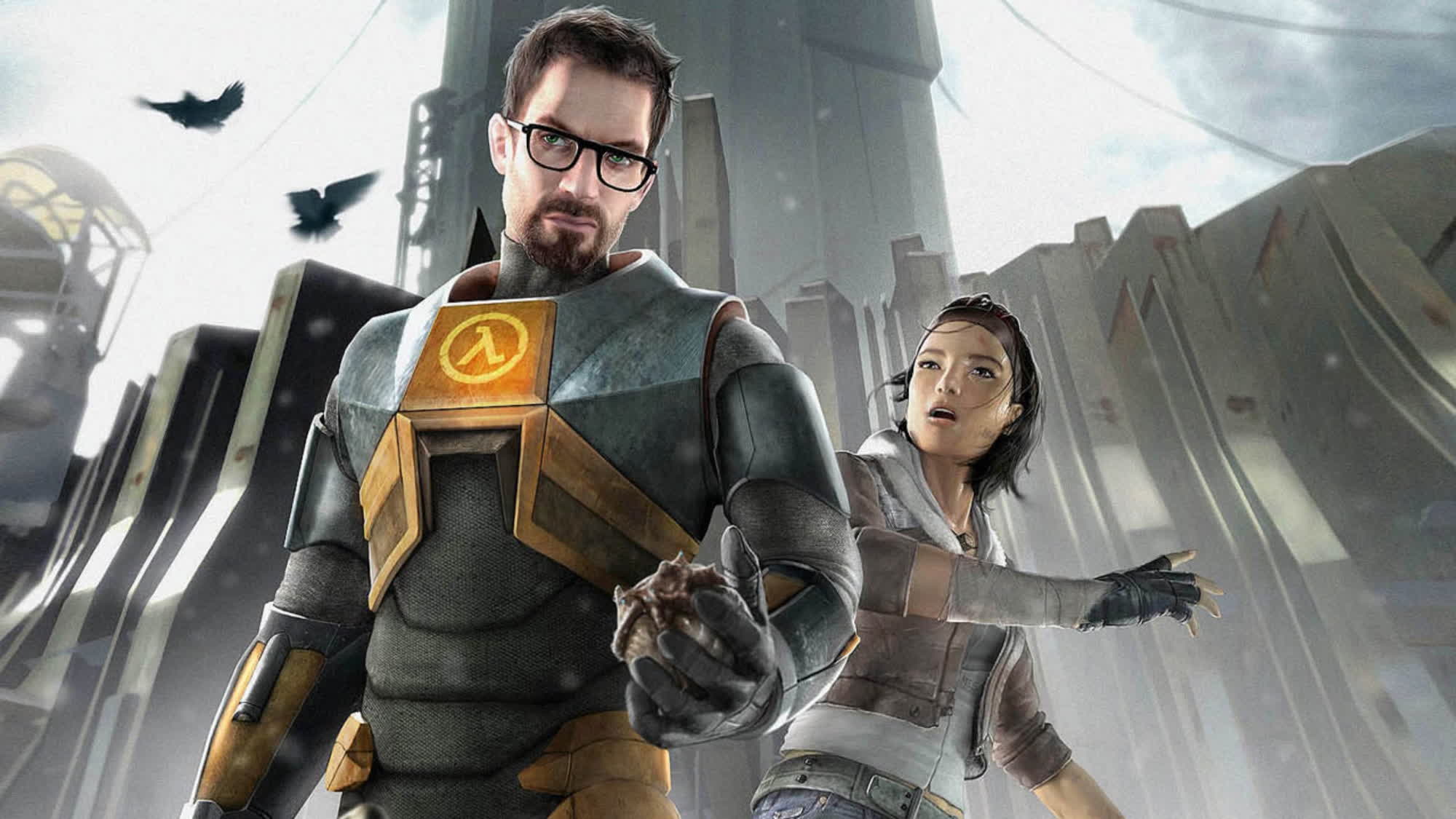Burned: Valve's founding chief marketing officer, Monica Harrington, recently shared her account of how the company became the leading provider of digital PC games. Harrington pushed for stricter authentication measures after discovering how young players were more than willing to pirate their games.

Harrington has a somewhat contentious relationship with Valve's origin story. In 2024, she said that her name had been erased from the company's history despite her contribution alongside Gabe Newell and her then-husband Mike Harrington. Now, the businesswoman has shared some juicy behind-the-scenes facts about Valve and Steam during a recent GDC video session.
One interesting tidbit highlighted by PC Gamer relates to Steam's online DRM, which was allegedly enforced because of Harrington's experience with her nephew's piracy habits. After receiving a $500 check for school-related expenses, the young gamer thanked Harrington and said that he was going to buy a new CD-ROM burner with the money.
The 19-year-old was just happy that he could "share" games with his friends. Harrington realized that this would be a generational shift, and that the new CD burning technology could eventually put Valve's entire business at risk. Her nephew wasn't thinking about business models, companies, or intellectual property; he was just looking forward to some CD-burning sessions after purchasing new PC releases.

The CD burner story prompted Valve's top management to adopt an online authentication system for every single game sold through Steam, Harrington said. Consumer-level piracy was starting to become a real issue for game publishers, so Valve decided that players had to validate their purchase directly on its servers.
Valve started to understand how important DRM technology could be to its business with the original Half-Life, which used a simpler CD key-based authentication. A lot of people complained on Valve forums that the game wasn't working, but Mike Harrington discovered that they had never purchased a legit Half-Life copy to begin with.
After her GDC session, Harrington noted that she and her ex-husband have a different recollection about how Valve's DRM came to be. "Mike thinks that we were going to do it anyway. But I was certainly talking to everybody about it and extremely worked up about it," Valve's founding CMO said.
In today's increasingly digital world, Steam's online authentication can be considered a lesser evil in a sea of complex and crack-resistant DRM solutions like Denuvo. However, publishers are more than willing to use the highly invasive protection to maximize earning potential of newer game releases.
Steam's DRM was inspired by an exec's nephew and his trusty CD burner